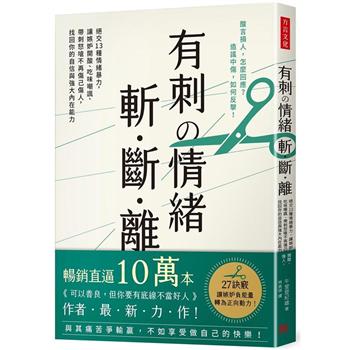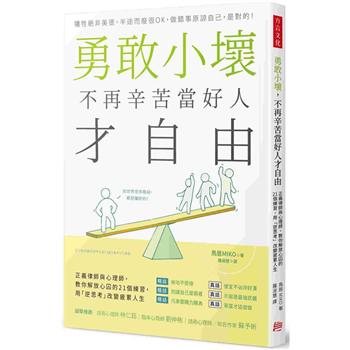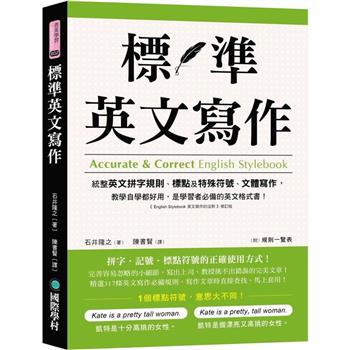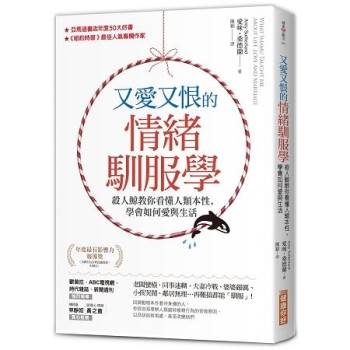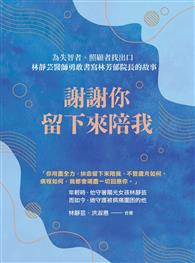The relationship between diachronic change and synchronic variation at the articulatory, auditory, acoustic and social level is one of the greatest puzzles in the study of language. Even though plentiful examples exist to suggest that dynamics of synchronic variation and diachronic change are tightly interconnected, a unified theory to account for language change in its relationship to all layers of synchronic variation remains a desideratum. This volume compiles new evidence from articulatory, acoustic, auditory, sociolinguistic, and phonological analyses of segmental and prosodic data and computational modelling, and offers a refreshing theoretical angle on the ongoing debates in language change. The volume is divided into three sections, each focusing on one aspect of speech dynamics - the historical, the emerging and the theoretical, each making a step toward a unified view of speech dynamics at the interface of synchronic variation and diachronic change. The large range of methodologies and theories represented in this book will appeal to scholars from a variety of linguistic fields with an interest in speech dynamics, including phoneticians, phonologists, sociolinguists, typologists, computational and historical linguists.

